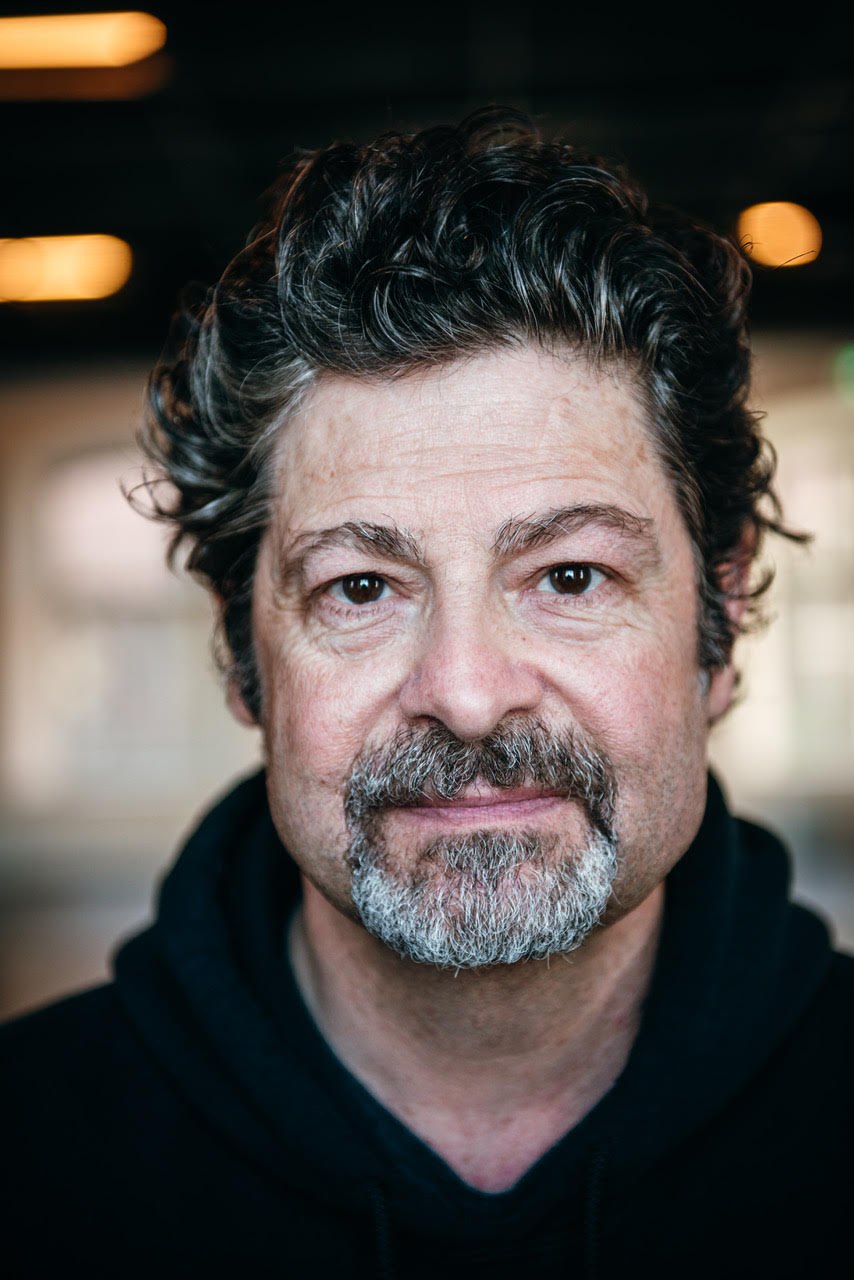|Kirk.Baltz|
I convinced actor, teacher, human being extraordinaire, Kirk Baltz, to do a Q&A with me. He was one of my first “musings” a few years back, but I’ve kept this up on the site because it still holds valuable advice and insights today. He’s wonderfully thoughtful and he’s also in one of my favorite Quentin Tarantino films, RESERVOIR DOGS.
RS: As an acting coach and teacher, I imagine you’re constantly talking about a character’s desires, motives, and obstacles… trying to get at the core and heart of a character. What do you, as an actor, look for in a piece of material?
KB: For me, it always comes down to “need” based work. What does the character “need” that is missing from his life? What is their super objective, meaning “what is it they’re looking to attain?” What lengths will he go to get it? What’s at stake? When I first started out as an actor, I would play it safe and stick with questions of “How is this character similar to me? How do I relate to him?” I quickly began to see how limiting this was in the work. It made me complacent.
What does the character need that is missing from his life?
As I gained more confidence as an actor I began to ask myself, “How is this character different from me and how can I shift my own perspective of the world in order to operate within the character that the writer has created?
RS: What defines a well-written character to you?
KB: Truth. A person engaged in a life struggle where the stakes are high. The story is there or it’s not. When it’s there the subtleties move things forward. I had a session with an actress and her character is in a spaceship because her character doesn’t want to be on Earth. (If only life was that simple at times). She’s divorced. This isn’t made a big deal of in the script but it’s just enough information for the actor to make some clear internal choices to help tell this aspect of the writer’s story.
RS: As a consultant and executive, I find the hardest note to give a writer pertains to dialogue. In some ways, it’s something I believe must come naturally. What kind of dialogue do you find compelling?
KB: Yes, there’s being natural, but then there’s being real. There’s nothing worse than reading material where the writer clearly didn’t do their homework. If they don’t know enough about the subject, then that lack of knowledge seeps into the characters who then come across as lackluster. It becomes crystal clear that the characters the writer has created, don’t know what they’re talking about. If the writer telling the story knows what they’re talking about at a core level, the dialogue will feel organic and live in the bones of the characters.
If the writer telling the story knows what they’re talking about at a core level, the dialogue will feel organic and live in the bones of the characters.
The writer must also use more than just words to convey an idea, thought, or belief. The characters strength can also come from a gesture or look.
RS: If you could share one piece of advice with a writer about the art of crafting a voice, what would it be?
KB: Write what you know. Autobiographical work can fuel your imagination. We must first know fully who we are and be able to tell that story before we can tell another’s story. I’m getting ready to speak as a panelist for an upcoming symposium. There are 4-5 others on the panel with me.
Write what you know.
Everyone’s bios go on and on about all of their/our training and all the work we’ve done. But the one bio that stood out the most (to me) was the participant who is currently writing a memoir based on her life growing up in logging camps in the British Columbia rain forests. I’ve never heard that story and that intrigues me. In other words, it’s all about storytelling.
RS: Do you have strong opinions about how a writer uses stage direction in the action lines?
KB: I was initially trained in Meisner based work. Sanford Meisner encouraged actors to cross out all direction and descriptive writing so we would focus on the text; he wanted us to look at how we could make the dialogue our own. The amazing part of this exercise is that if we’re specific and grounded in the story and the circumstances given, all the actions we crossed out arise organically on their own.
RS: What are your thoughts on the use of parenthetical for guiding an actor’s emotions?
KB: Bullshit. They get in the actor’s way. This happens when we look to play a result rather than experience the journey. Actions that are needed, yes. But when it comes to emotional description it can all become too pushed and contrived.
RS: From an actor’s perspective, does an over-abundance of information and exposition effect how you look at material?
KB: Yeah, it bores me. The trick is to keep the expository writing stimulating and engaging. A smart writer trusts that his audience has a brain and can sort out the information. It’s always more compelling when a story is defined and told by what the characters are doing than what they’re saying. Like our lady above lost in space.
Compelling stories are defined and told by what the characters are doing vs. what they’re saying.
We all identify in one way or another with looking to be found. Less is always more as long as there is clarity and commonality.
Clarity and commonality, indeed. Wise, wise words from the very kind, Kirk Baltz.
For more info on Kirk, visit his website, http://www.kirkbaltz.com/
For more Q&A’s: Here’s another from a performer’s perspective: https://rebecca-stay.com/alphonso-mcauley-stand-up-writer-director-producer

